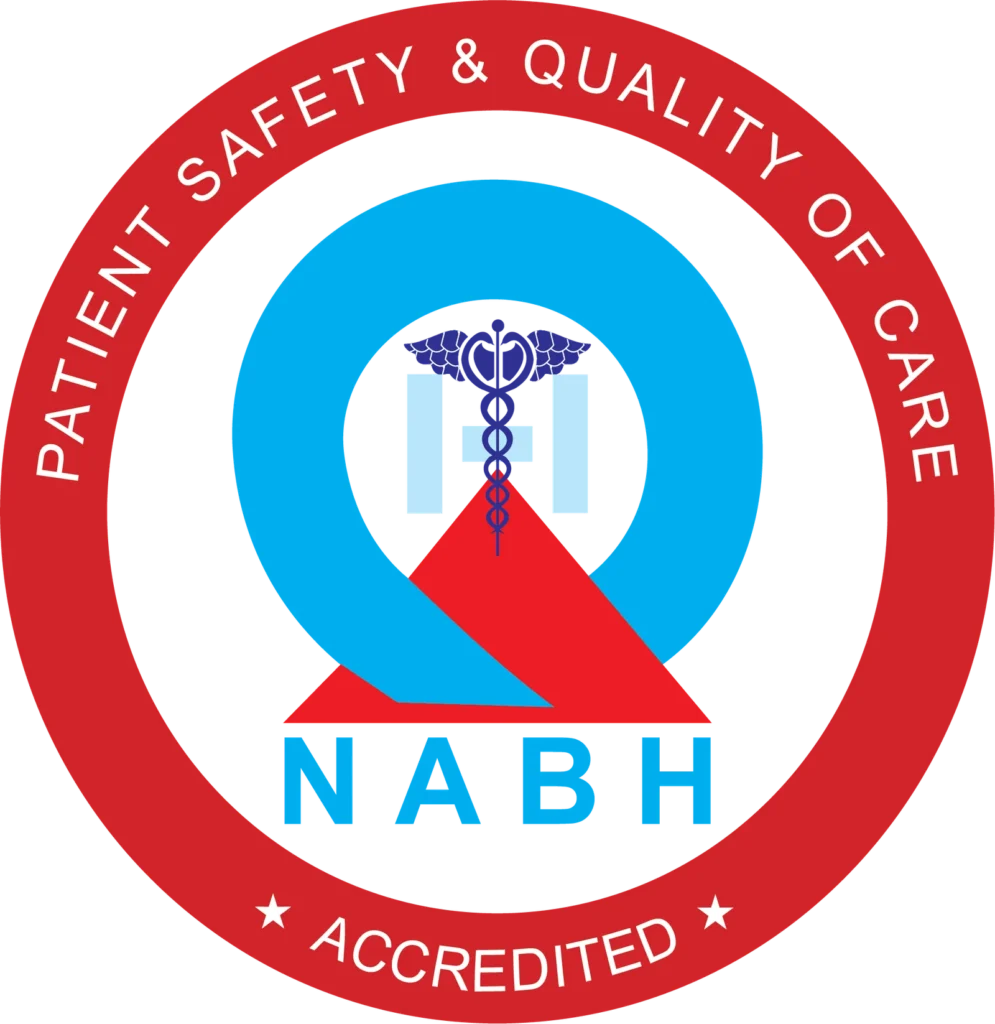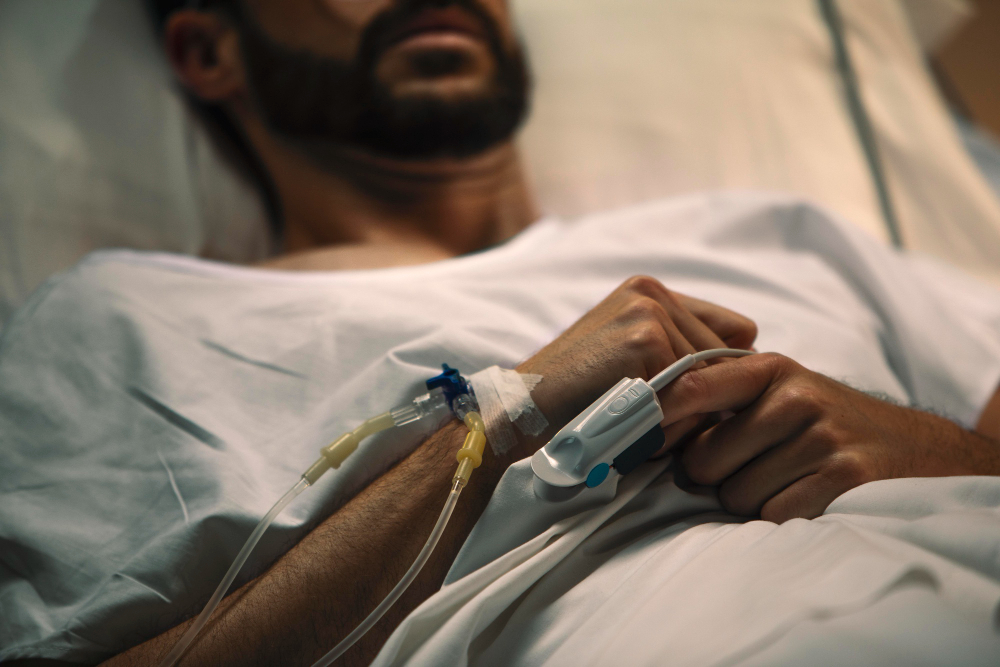What Is Sepsis?
Sepsis is a serious medical condition. It happens when your body reacts strongly to an infection. This reaction can harm your organs and tissues. Sepsis can affect anyone, but it is more common in people with weak immune systems. Both adults and children can get sepsis. Understanding sepsis causes is important for everyone. Knowing what causes sepsis and the risk factors for sepsis can help you stay safe.
Main Causes of Sepsis
Sepsis always starts with an infection. However, not all infections lead to sepsis. The most common sepsis causes include:Bacterial infections: These are the top cause of sepsis. For example, pneumonia or urinary tract infections can lead to sepsis.Viral infections: Sometimes, viruses like the flu or COVID-19 can trigger sepsis.Fungal infections: People with weak immune systems may get sepsis from fungi.Parasitic infections: In rare cases, parasites can cause sepsis, especially in certain regions.
Although any infection can lead to sepsis, some are more likely to do so. For instance, infections in the lungs, belly, or urinary tract are common triggers.
Common Risk Factors
Some people have a higher risk of sepsis. Knowing these risk factors for sepsis can help you take action early. The main risk factors include:Being very young or very oldHaving a weak immune systemChronic illnesses like diabetes or kidney diseaseRecent surgery or hospital stayOpen wounds or burnsUse of medical devices, such as cathetersLiving in areas with poor access to healthcare
For example, people in crowded hospitals or with limited medical care may face higher risks.
How Infections Lead to Sepsis
First, an infection enters the body. Next, the immune system tries to fight it. Sometimes, the body’s response is too strong. This overreaction can damage healthy tissues. As a result, organs may stop working properly. Sepsis can develop quickly, often within hours. Therefore, early treatment is very important. Infections in the lungs, skin, or urinary tract are common starting points. But, any infection can lead to sepsis if not treated.
Prevention Tips
While sepsis is serious, you can lower your risk. Here are some simple prevention tips:Wash your hands often with soap and waterKeep wounds clean and coveredStay up to date with vaccinesSee a doctor if you have signs of infectionFollow your doctor’s advice for managing chronic illnessesTake antibiotics only as prescribed
Additionally, teaching children about hygiene can help prevent infections that may cause sepsis.
When to Seek Emergency Care
Sepsis is a medical emergency. If you notice these signs, seek help right away:Fever, chills, or feeling very coldFast heartbeat or breathingConfusion or trouble waking upExtreme pain or discomfortPale or mottled skin
Even if you are unsure, it is better to get checked. Early treatment can save lives. According to the CDC and WHO, quick action is key to surviving sepsis.
If you notice signs of sepsis, consult a healthcare professional immediately. Early care can make a big difference.


